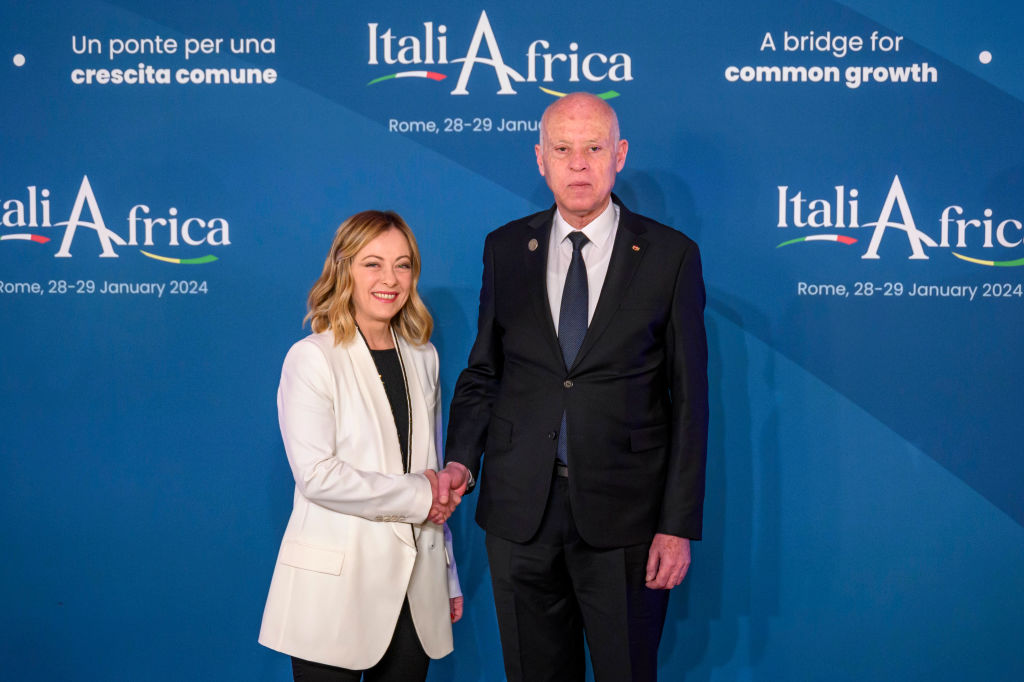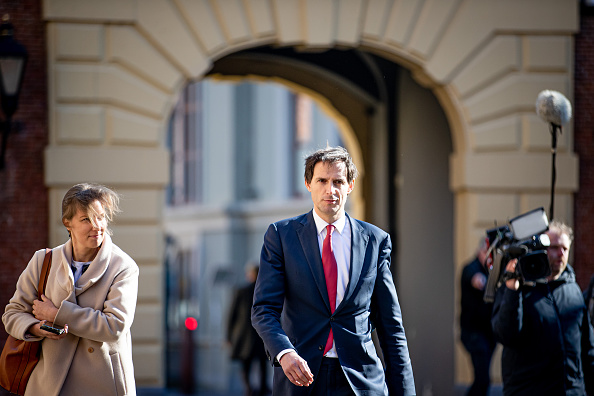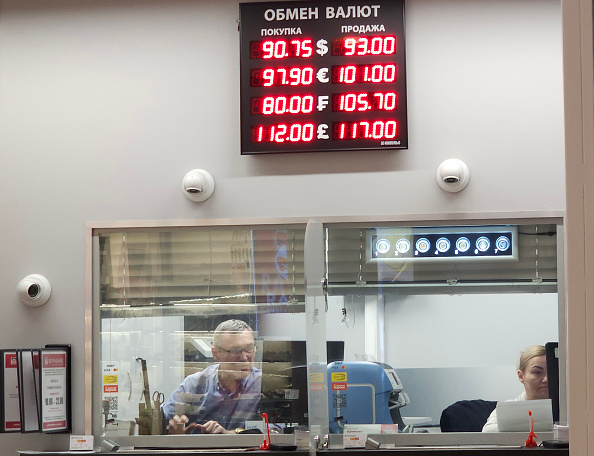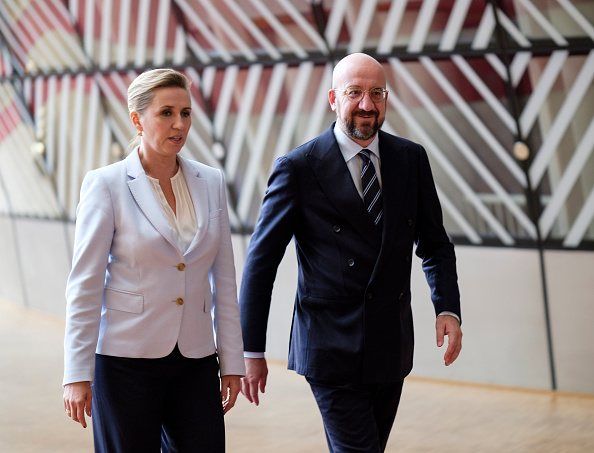China is dwarfing European Union investment in countries in the bloc’s own neighbourhood, from Morocco to Turkey.
The giant nation made up 39 per cent of foreign direct investment in countries where the European Bank for Reconstruction and Development (EBRD) operates, the EBRD said in a May 15 report.
That compared to just 8 per cent each from Germany and the US, it added.
Rinor Gjonbalaj, country director for the Millennium Challenge Corporation, a US foreign aid agency based in Washington, said Beijing’s investment strategy “aims to bypass trade barriers, diversify production locations, and create new alliances”.
The speedy growth of Chinese investment in countries in the EU’s backyard is also remarkable.
While in 2023 China made up 39 per cent of all inward investment in the countries where the EBRD operates – a group of mainly European neighbours from Morocco to Turkey – that was up from just 5.1 per cent in 2022, which was a relatively modest rise from 0.6 per cent in 2004.
China is trying to diversify its production locations as it confronts possible trade barriers in the EU and US, said EBRD chief economist Beata Javorcik.
For example, Chinese companies have invested heavily in Morocco, which has had a free-trade agreement with the US since 2004.
Because of that, Chinese-backed battery makers, for example, can export raw materials for electric vehicles without facing heavy tariffs, and can even qualify for US subsidies for renewable energy.
Electric vehicles for the US market can attract subsidies of up to $7,500 each under President Joe Biden’s Inflation Reduction Act.
Chinese battery maker CNGR Advanced Material is building cathodes in Morocco for both the US and EU markets.
Its chief executive Thorsten Lahrs said plants can be built more speedily in Morocco than in either the US or EU, where construction requires securing extensive permits.
Morocco also has 70 per cent of the world’s phosphate, a key ingredient in the cheaper batteries China specialises in making.
Turkish Vice President Cevdet Yılmaz said in February his country needed to court more investment from China.
Turkey only received 0.2 per cent of China’s $100 billion in annual outbound investment, Yılmaz pointed out.
In Egypt, Chinese investment increased by 317 per cent between 2017 to 2022, partly as spending on infrastructure and construction projects.
The Belt and Road Initiative played a key role in Egyptian President Abdel Fattah el-Sisi’s Vision 2030 development plan.
During the same five years, US investment in China decreased by 31 per cent.
One Chinese company alone, Xinxing Ductile Iron Pipes, said in March 2023 it intended to invest $2 billion (€1.84 billion) in iron and steel plants in the Suez Canal Economic Zone.
China’s influence in the EU’s backyard is not necessarily limited to infrastructure projects and investment.
In October 2023, President Xi Jinping said China was willing to work with Cairo to bring “more stability” to the Middle East.
Beijing has “a disproportionate say on the parameters of the bilateral relationship”, according to Chatham House senior researcher Mohamed El Dahshan.
Alongside that, Egyptian officials and negotiators “make the best of an agenda which they have, in effect, little say in”, he added.





